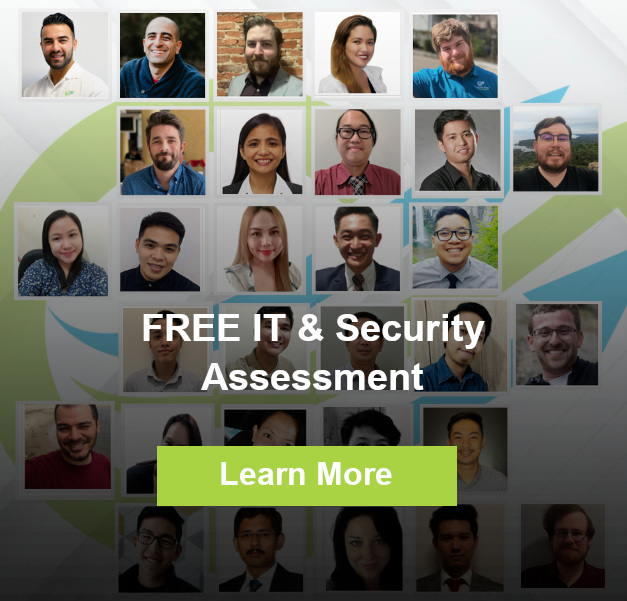
- Are you confident that your nonprofit’s donor and client data is truly secure and compliant with the latest privacy laws?
- Could a single cyberattack undermine your donors’ trust and put your mission at risk?
- Do you know what steps leading nonprofits are taking today to protect sensitive data and meet the growing demands for compliance?
A nonprofit organization experienced a phishing attack that compromised its donor database. The exposed information included names, email addresses, and credit card details, resulting in a $75,000 recovery cost and the withdrawal of support from several donors.
After the incident, the organization partnered with a managed IT and cybersecurity provider to secure their systems, train staff, and document compliance, rebuilding donor trust and protecting against future attacks.
Nonprofits exist to make the world better, but without the right protections in place, their good work can be derailed by cyberattacks and compliance failures.
In recent years, hackers have increasingly targeted nonprofits, knowing that many operate on tight budgets and often lack sophisticated IT defenses. At the same time, new privacy and data protection laws — from GDPR to state-level regulations — have raised the stakes for organizations handling sensitive personal and financial information.
So why are nonprofit leaders paying more attention to cybersecurity and compliance than ever before? Here are the key reasons.

1. Safeguarding Donor and Client Data
Your donors entrust you with their names, contact details, and payment information — sometimes even sensitive health or personal stories. Similarly, clients you serve may share private information that, if exposed, could cause real harm.
A data breach not only exposes this information but also puts your beneficiaries and donors at risk of fraud, identity theft, or harassment.
Protecting this data isn’t just good practice — it’s your ethical responsibility as a mission-driven organization.
2. Maintaining Donor Trust and Reputation
Your reputation is one of your most valuable assets. Donors, grant-makers, and community members support you because they trust you. A single security incident can damage that trust and lead donors to question whether their gifts are being used wisely.
In fact, research shows that after a breach, nonprofits often see a significant drop in donations and an increase in donor attrition. By investing in security and compliance, you signal to your supporters that you take their trust seriously.
3. Complying With Laws and Grant Requirements
Nonprofits are not exempt from laws like the California Consumer Privacy Act (CCPA), HIPAA (if dealing with health data), GDPR (if serving EU residents), and PCI-DSS (if accepting credit cards).
Many grant-makers and government contracts now require proof of cybersecurity measures and compliance readiness before releasing funds.
Failure to meet these obligations can result in hefty fines, lost funding opportunities, and even lawsuits.
4. Protecting Against Financial Loss
Cyberattacks can be expensive, not just in terms of stolen funds, but also the cost of downtime, recovery, legal fees, and mandatory notifications.
For nonprofits operating on thin margins, even a single attack can threaten the sustainability of their mission.
How Nonprofit Leaders Can Act
- Start with an assessment. Identify vulnerabilities in your systems, policies, and staff awareness.
- Implement basic security controls. Such as multi-factor authentication, regular backups, and secure email practices.
- Train your team. Employees and volunteers are often the weakest link. Provide ongoing training to recognize and report threats.
- Work with experts. Partner with an IT provider who understands nonprofit needs and can help align your operations with best practices and compliance requirements.
Need Managed IT Services for your Nonprofit?
We are an Nonprofit-focused, Award-winning IT Solutions providers in San Francisco, San Jose and Northern California.
Schedule A Free ConsultationFinal Thoughts
Nonprofit leaders have a responsibility not just to their mission, but to the people and organizations who place their trust in them. In today’s world, that means prioritizing cybersecurity and compliance as a critical part of your strategy.
Investing in security isn’t just about avoiding risk — it’s about ensuring your nonprofit can continue making an impact, confidently and sustainably.
Click here to schedule a call with us
Categories: NonProfit Orgs














